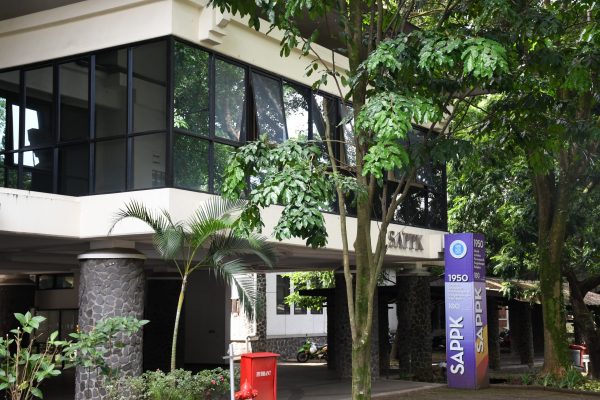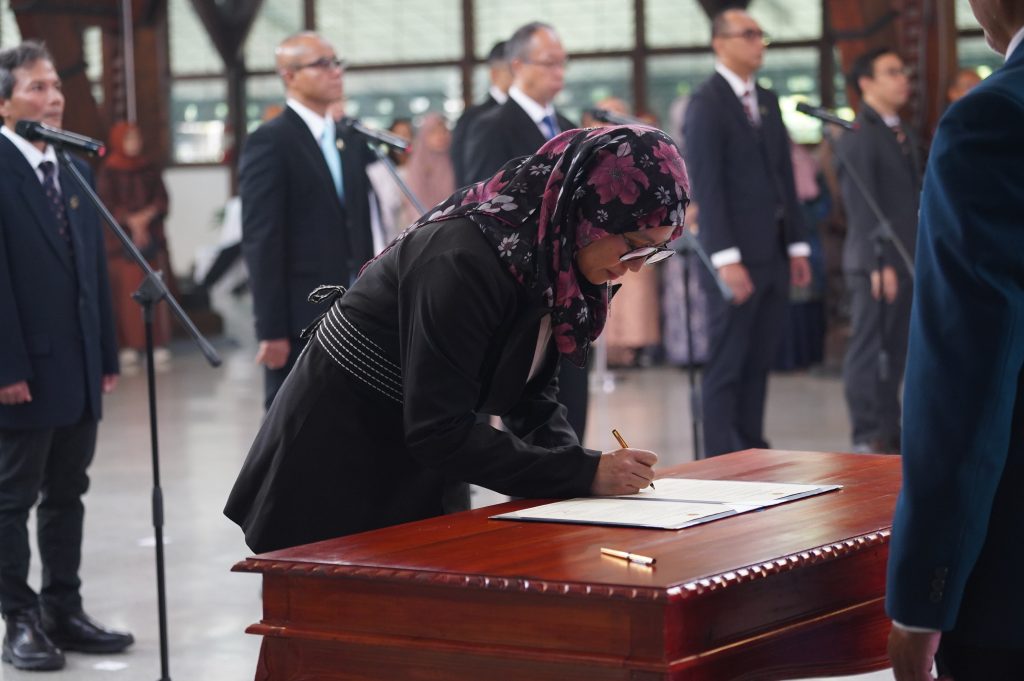Profile

The school was established on 29 August 2005 with the ITB Rector Decree (No. 222/2005) which intends to reorganize ITB's academic units by increasing the number of faculties/schools from 7 (seven) to 11 (eleven). However, the elements of the school are not new, because they are derived from all programs and academic resources from 2 (two) existing departments, namely: Architecture which was established in 1950 and Urban and Regional Planning which was established in 1959 which was previously under the Faculty of Civil Engineering and Planning, and 2 (two) existing academic programs (namely: Development and Transportation Studies) which were previously under the Faculty of Industrial Engineering.
The newly established School of Architecture, Planning, and Policy Development began operating as an academic implementation unit responsible for education, research, and community service as of the date of its establishment. 1 January 2006 ,In addition, the university also has 11 (eleven) academic programs ranging from undergraduate to doctoral programs, 8 (eight) research groups, 82 (eighty-two) lecturers, 44 (forty-four) support staff, and around 1410 students.
Since 2016 there are 12 (twelve) academic programs ranging from undergraduate to doctoral programs, 9 (nine) research groups, 118 (one hundred and twelve) lecturers, 44 (fifty-seven) support staff, and ca. Our current student body is 1524 undergraduate and postgraduate students (data as of Jan 2019).

Vision
Kepemimpinan Humanistik dan Lincah: Peran Strategis SAPPK dalam Transformasi ITB sebagai Universitas Generasi Keempat dan Merespon Dinamika Bangsa
Mission
Strategic Directions of SAPPK 2025–2030
Over the next five years, SAPPK will focus its transformation efforts on five strategic directions:
- Governance Excellence & Agile System
Building an efficient, adaptive, and transparent governance system through digital process integration and results-oriented organizational design. - Research & Innovation for Impact
Enhancing the impact of research and innovation through our flagship initiative, BRIDGE (Built enviRonment Innovators for Development, Growth, and Excellence) which serves as a cross-sector and cross-actor collaborative platform. - Collaborative Partnerships for Growth
Establishing sustainable partnerships that not only promote academic cooperation but also enable alternative funding schemes to support SAPPK’s programs and initiatives. - Adaptive Learning Ecosystem
Creating a dynamic and interdisciplinary learning environment responsive to contemporary challenges through thematic studios, international joint programs, mini-courses, and executive classes. - Student Empowerment & Well-being
Empowering students as agents of change through mentorship programs, character development, and psychosocial support services.

